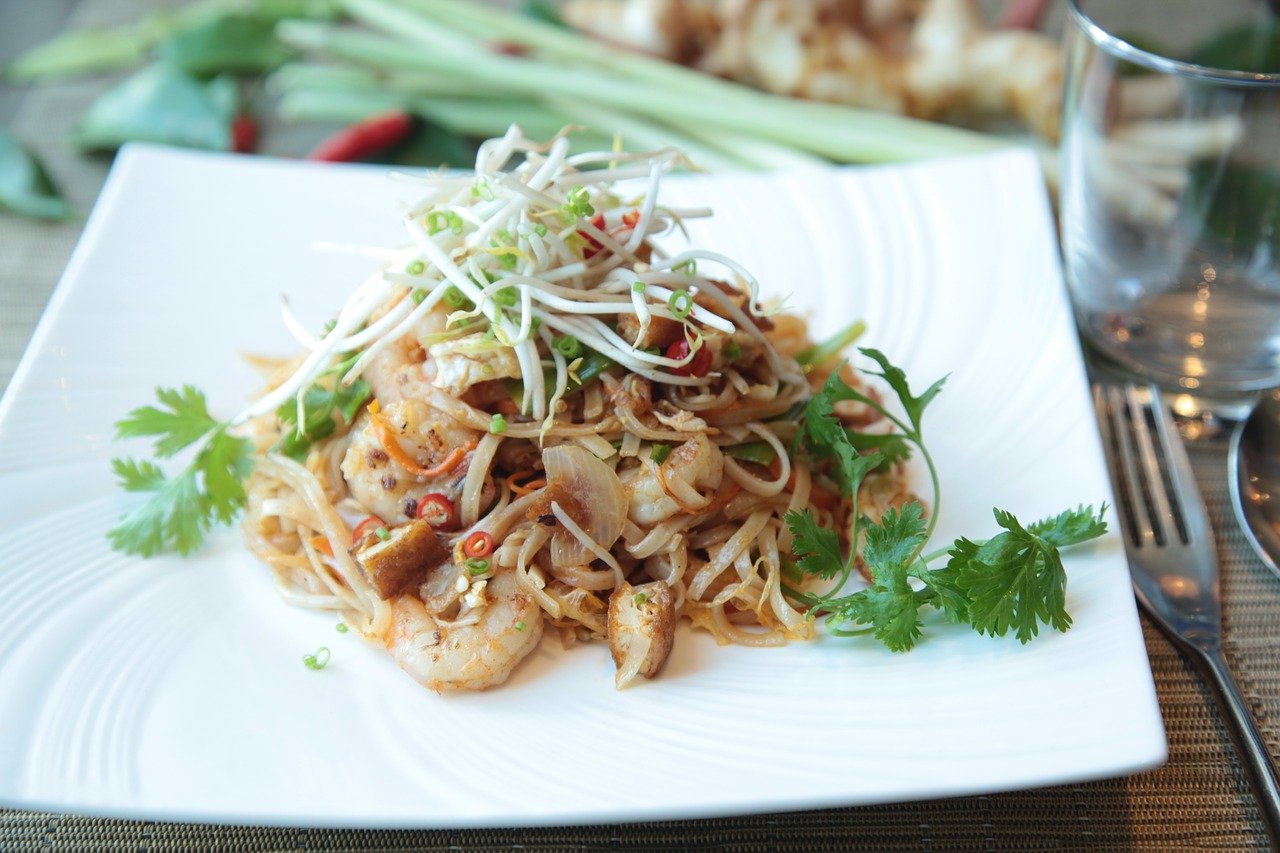
Did I Hear You Say Six Small Meals Per Day?
As if it’s not hard enough catering to the varied dietary needs of a family of seven (including yours truly), try getting a letter from your teenager’s rugby team nutritionist recommending that your boy, who is showing some signs of real talent that can have them develop a serious career, follows a strict diet which is spread out over six small meals per day! That’s what I have to deal with after my son’s summer school rugby camp…
It’s a challenge I relish though, as if I have a choice and perhaps it has only brought on the inevitable, that being the need for me to start looking at taking more of an individual approach to feeding my gang. They all have different dietary needs in any case, although most of which I’d refer to as dietary preferences as opposed to those which are real needs, like how one of the kids in the household is slightly gluten intolerant.
Six small meals per day? Fortunately I’m not the only one who thinks this is a bit impractical – my son doesn’t see the need to chop his meals up into six small portions. He’s a growing teenager after all and for the life of me I don’t know where all the food he eats goes to. It’s more like six HUGE meals per day, with the mandatory snack in between meals of course, like how he disappears every day after breakfast to dig into his protein bar for the day from his secret stash. It’s a secret he and I share though because he’s afraid some of his siblings may want in on what they would deem to be a delicious snack, whereas it forms part of his rugby-specific diet.
These supplements which double up as snacks certainly save me a lot of time and effort. I mean can you just imagine having to recreate the nutritional value attained in protein shakes and bars with the food you whip up in the kitchen? It’s already a full time job preparing the daily meals as is…
For all the extra trouble having to cater to special dietary needs like this has caused however, it has also opened me up to a whole new world of health consciousness and I mean that in a good way. Healthy eating is often associated with food that tastes like cardboard, although I cannot help but wonder just who exactly has tasted cardboard…And here’s the thing; it doesn’t have to taste like cardboard.
There are many substitutes you can use for the ingredients which go into some of the generational culinary favourites, like using bananas instead of eggs to make pan-cakes that are a little lighter in gluten content and using a natural sweetener like honey to sweeten pretty much anything that was previously sweetened with processed white sugar.
Growing kids (including the overgrown kid who masquerades as a husband and father) fortunately want to get involved sometimes in the preparation of some of the food they eat and some of the snacks they fill-up on between meals, so getting something like a home-made yoghurt maker has come in handy, which just by the way is mostly used by our resident rugby star in-the-making to whip up protein rich smoothies!
- Restaurant Germs: Improving Cleaning Practices For Commonly Contaminated Surfaces - April 15, 2024
- Fabulous Baby Shower Ideas to Try Soon - May 16, 2023
- Raw Manuka Honey Auckland New Zealand - March 10, 2023



